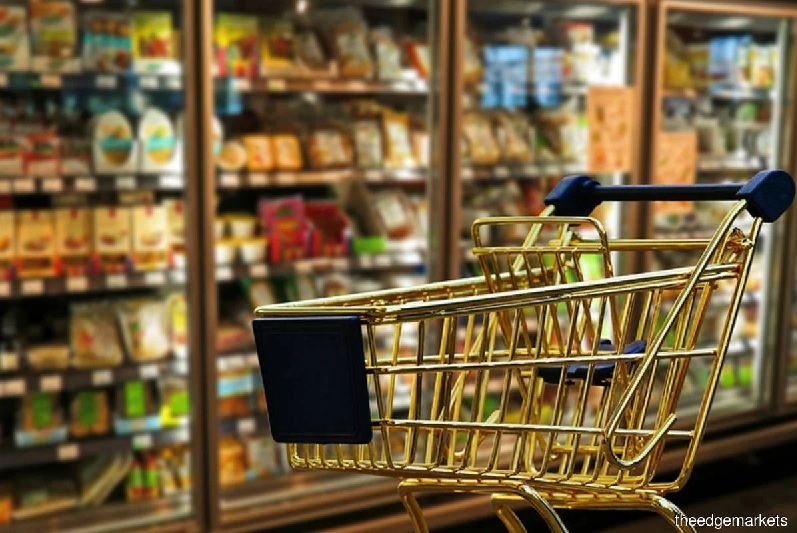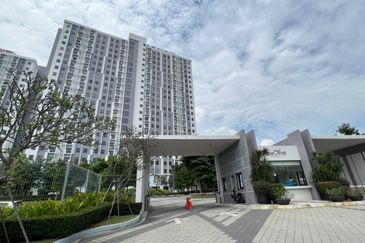
KUALA LUMPUR (Sept 12): The Covid-19 pandemic seems to have given struggling grocers a second wind of sorts.
The Movement Control Order (MCO) period (March and May) saw the businesses of grocers “surge by a third and, in some exceptional cases, by as much as 80%”, reported The Edge Malaysia. Sales have, however, since stabilised.
“A very interesting development in grocery trade took place after the MCO was imposed. The pandemic actually revived the businesses of many struggling grocery retailers that had physical stores,” Retail Group Malaysia (RGM) managing director Tan Hai Hsin told the weekly.
According to Tan, as many restaurants were closed and only some offered takeaways, many had to buy groceries to cook at home.
Those who had lost their jobs were forced to cook “as it was a cheaper alternative”.
Tan explained that visiting grocery stores also “provided people with the opportunity to venture out of their homes” during the semi-lockdown.
“Suddenly, some of these grocery operators were enjoying double-digit growth,” Tan revealed.
Bumiputera Retailers Organisation committee member Adzman Shah Mohd Ariffin also told the business publication that: “Based on recent reports, however, hypermarkets appear to have performed reasonably well during the pandemic as consumers purchased essential necessities.”
It was also reported that the Covid-19 pandemic has “accelerated the shift to online shopping”.
“Since the MCO, online grocery shopping and delivery experienced exponential growth ... Online grocery shopping had not really gained momentum due to the high barriers to entry such as expenses and complexity of building logistics networks. However, the pandemic has accelerated the transformation,” said Euromonitor International research analyst Clare Lee.
“We can see that multiple grocery retailers have ramped up their omnichannel capabilities to meet the new needs of consumers. Some have built their own logistics while others have partnered with hyperlocal delivery third-party platforms. Hyperlocal grocery delivery service’s success shows that mastering last-mile fulfilment is crucial in the online grocery space,” she explained.
“A momentous shift in spending towards online grocery was observed and we expect this to continue post-Covid-19. Consumers will continue to visit physical stores but they are also more comfortable with online grocery shopping and are enjoying the convenience provided,” she added.
Meanwhille, Savills (Malaysia) Sdn Bhd associate director for retail services Murli Menon said while “all categories of supermarkets and groceries have seen an explosion in online sales recently, delivery efficiency and cost of fulfilment continue to be concerns”.
Menon “expects continued growth in offline formats,” as many Malaysians “still want the sensory experience of shopping in person”.
EdgeProp Malaysia Virtual Property Expo 2020 (VPEX 2020) is happening now! Find out more exclusive projects and exciting deals here
Stay safe. Keep updated on the latest news at www.EdgeProp.my
Click here for more property stories.
Read the full report in this week’s The Edge Malaysia
TOP PICKS BY EDGEPROP

Utamara Boutique Residences
Petaling Jaya, Selangor

Taman Tasik Semenyih (Lake Residence)
Semenyih, Selangor

Suadamai, Bandar Tun Hussein Onn
Cheras, Selangor

Taman Tasik Semenyih (Lake Residence)
Semenyih, Selangor

Suadamai, Bandar Tun Hussein Onn
Cheras, Selangor




















